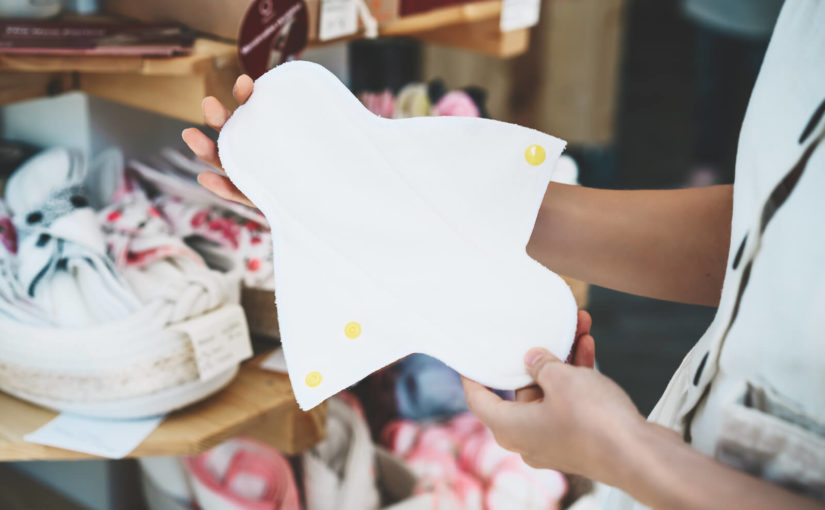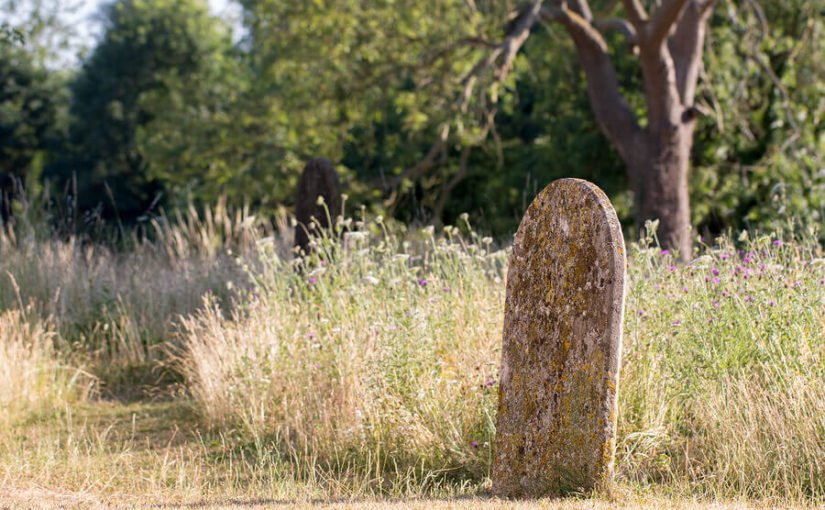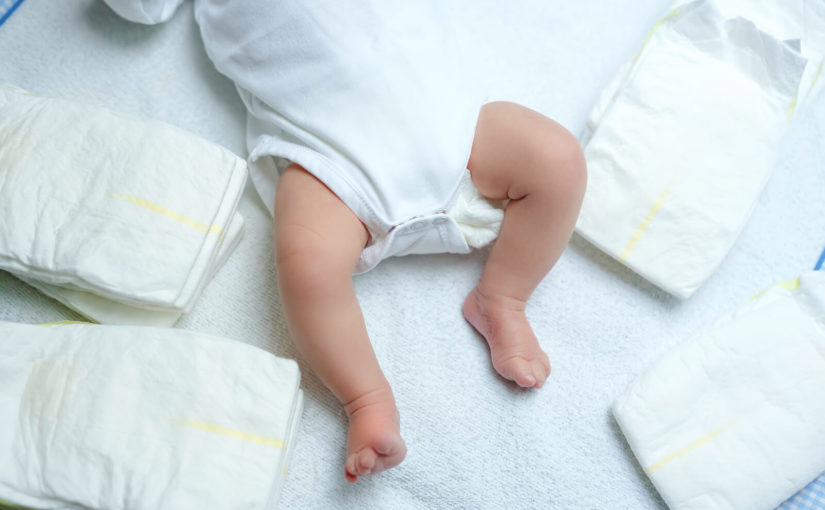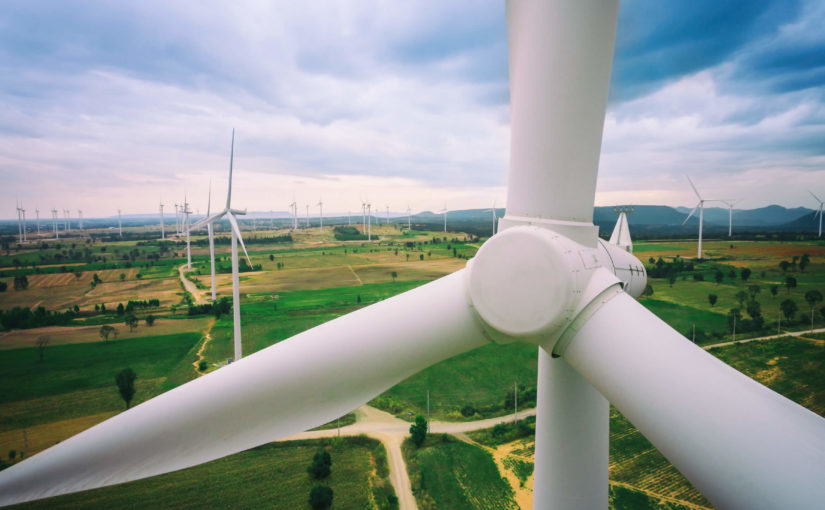We recently published a guide to menstrual cups, but not everyone can use menstrual cups or likes the idea of them.
Another more sustainable alternative to single-use menstrual products is the cloth pad, and so this blog post takes a look at that — what cloth pads are, how to use them, and all of the benefits and drawbacks of them.
Let’s start at the start with what they are.
Continue reading A guide to cloth menstrual pads








